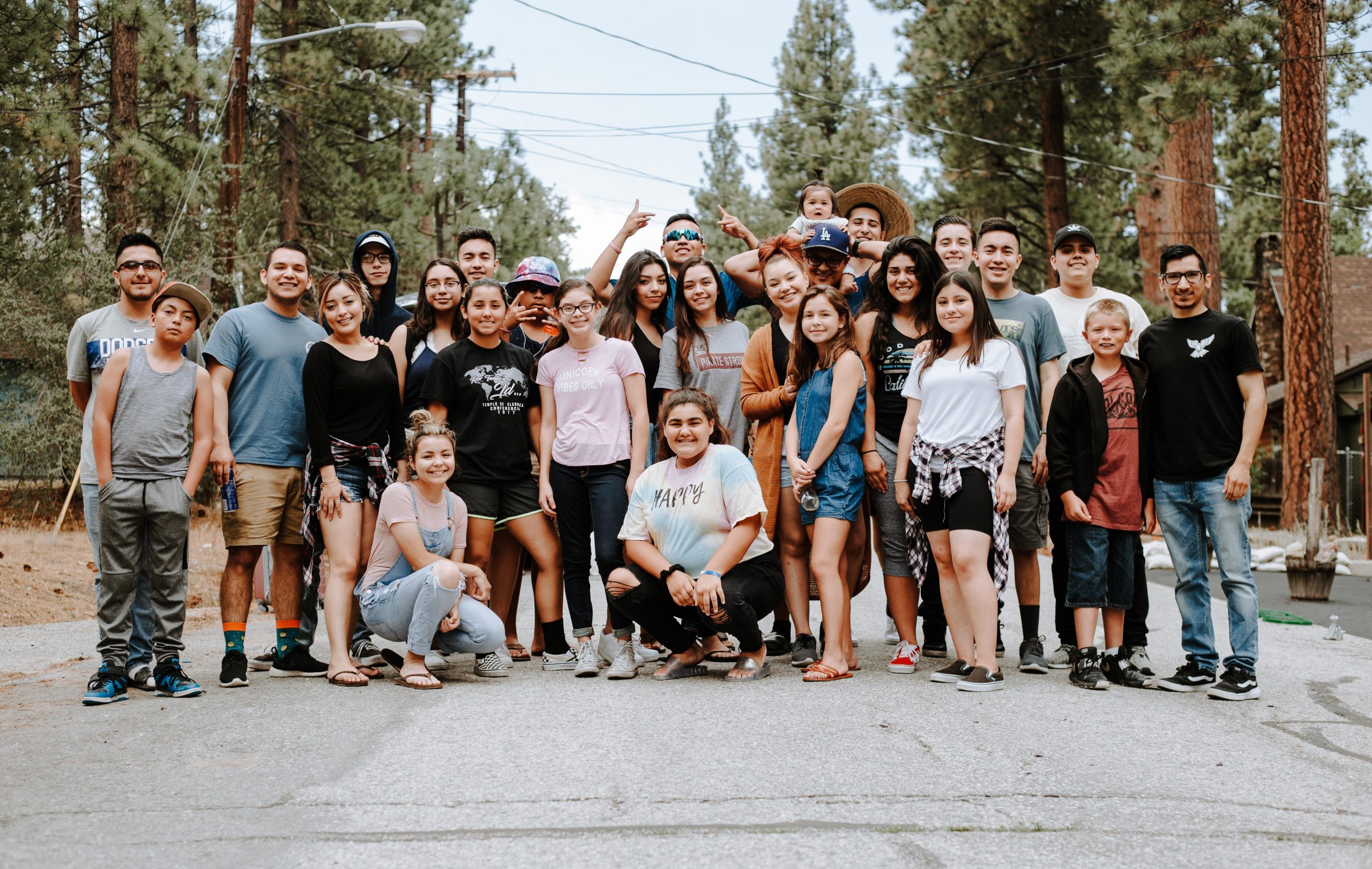You know what, [5-A-Day](https://wiki.ubuntu.com/5-A-Day) is doing really, really well. The idea is simple – much in the same way people are encouraged to eat five portions of fruit or vegetables a day, we encourage our incredible community to work on five bugs a day. If everyone does five bugs a day, amazing progress gets made. And, amazing progress *has* been made by the 5-a-day volunteers so far. 🙂
So, when we talk of *working on five bugs a day*, you would imagine this typically involves triage, filling out bug details, fixing bugs etc. It certainly does include each of these elements, but it also includes one really critical way in which you can help with your 5-a-day – *linking bugs* – something we have not talked a lot about and something we feel is a really great contribution that we would love you amazing 5-a-day-ers to do as part of your magic.
Many bugs that are reported in Ubuntu are actually bugs that exist in one of the pieces of software that we package for Ubuntu (known as an *upstream*). A feature that has been built into Launchpad is the ability to say that a bug in Ubuntu actually refers to a bug in an upstream bug tracker. Rather cleverly, Launchpad can in many cases sync some of the information from that bug report back into Launchpad. This means that we can communicate with upstreams more effectively about their bugs. The Launchpad team are continuing to refine this functionality, but right now linking bugs is an excellent way of ensuring that the right people see the right bugs.
And the great thing is that you don’t need to be a packaging expert or a programmer to help with linking bugs – you just need to be able to find the bug on the upstream bug tracker and hook the Ubuntu one and the upstream one together, which is as simple as filling in a form in Launchpad. Simple…but hugely helpful.
So what is involved in linking a bug? Well, in a nutshell:
* Find a reported bug in Ubuntu in Launchpad. Ensure the bug is not a duplicate.
* Ensure that the bug is actually a bug in the upstream application, and if so, find a bug report for the same bug in the upstream bug tracker.
* On the Ubuntu bug, link the bugs – this is as simple as filling in a form.
Instructions for linking bugs can be found [here](https://wiki.ubuntu.com/Bugs/Upstream).
We are really keen to make this process as simple and effective as possible. If anything seems overly complex or unclear, let us know and we will fix it. 🙂








